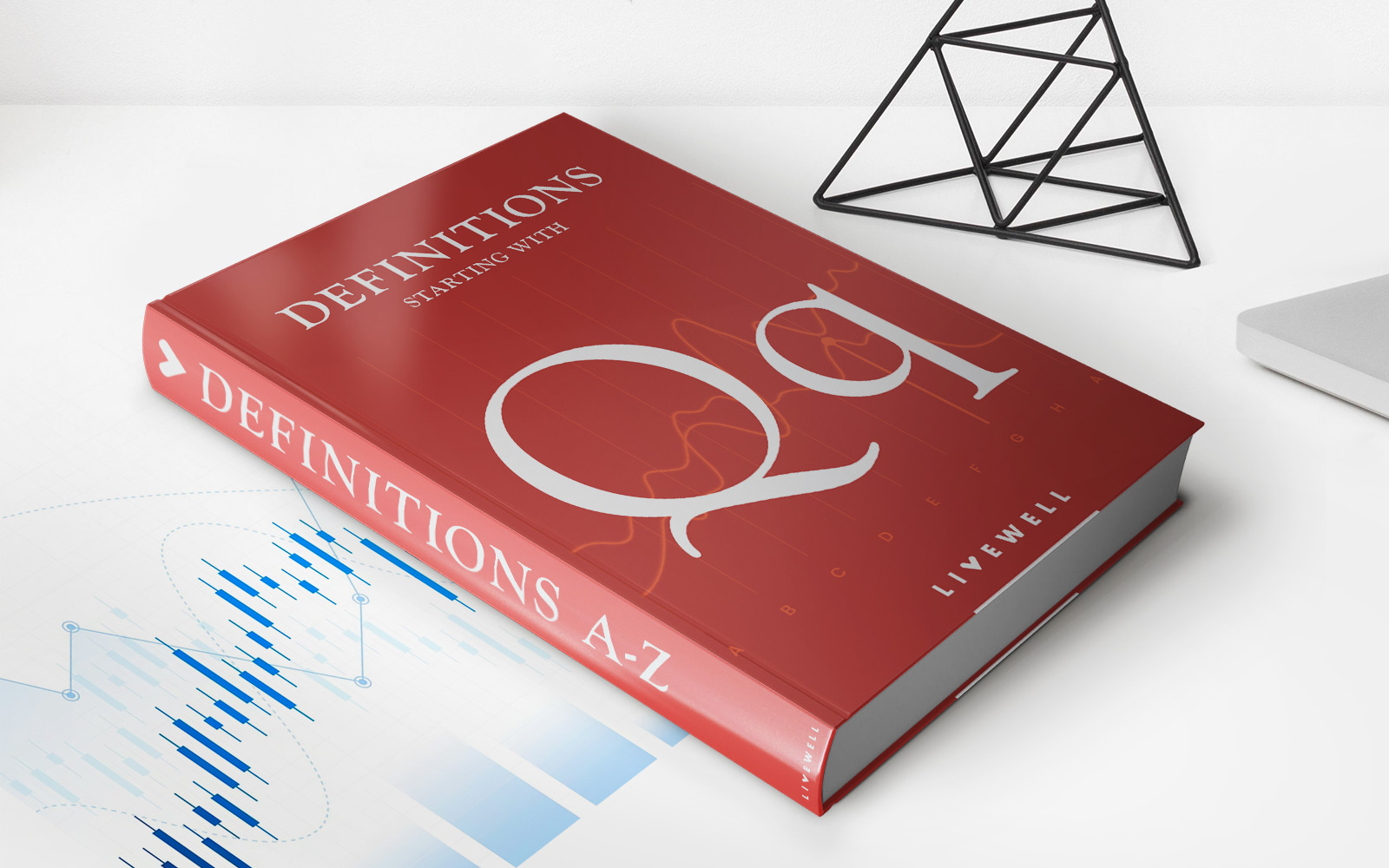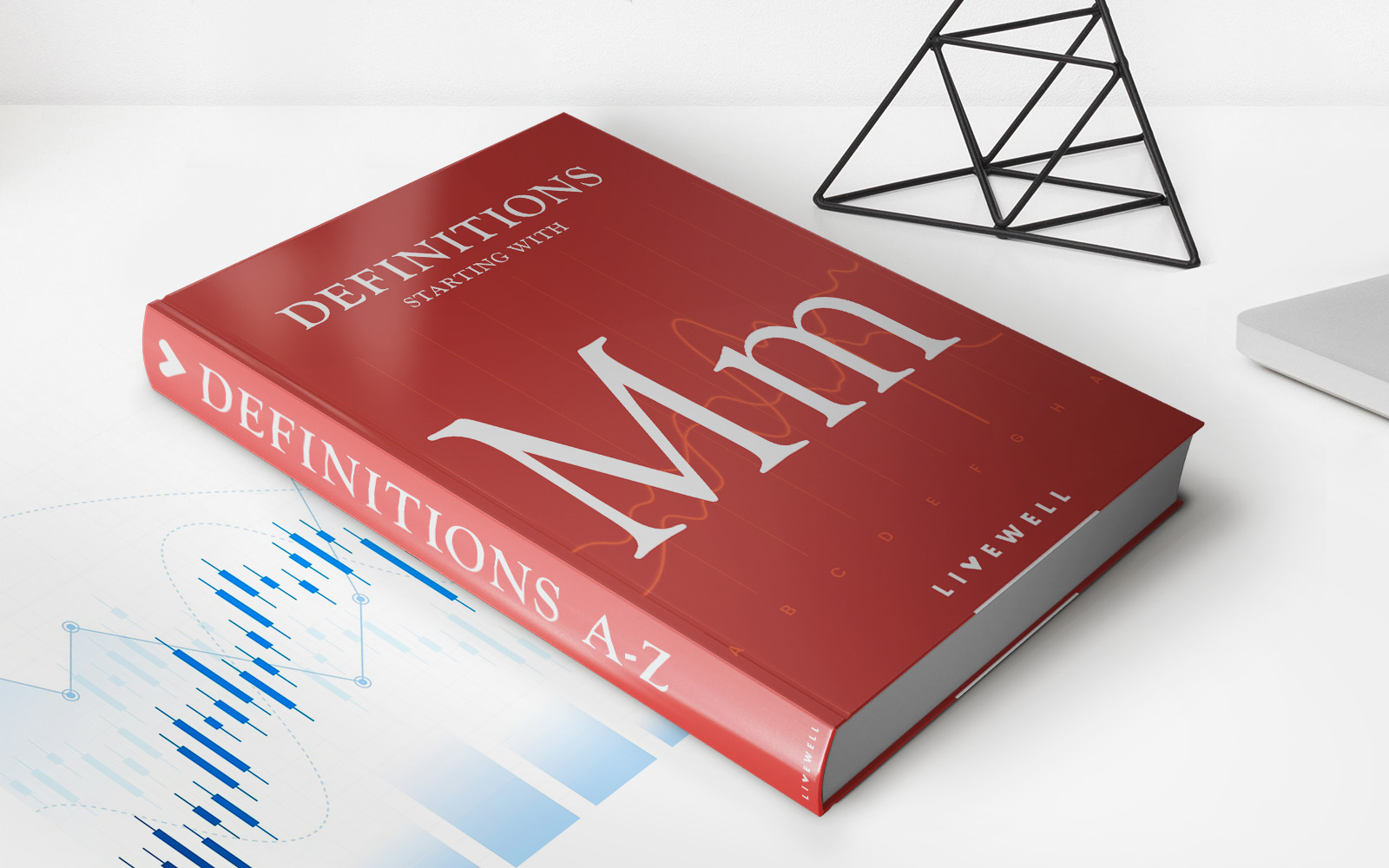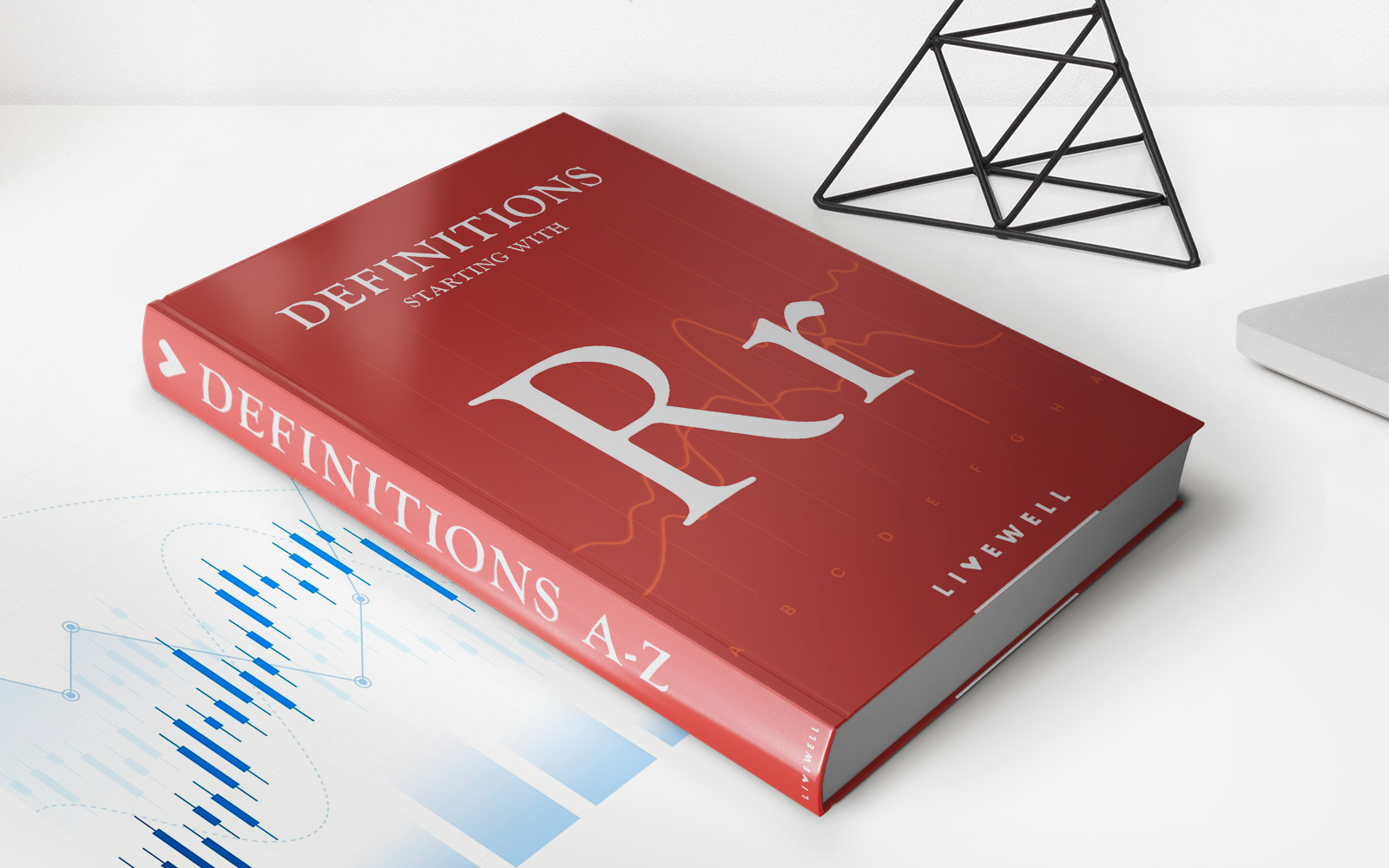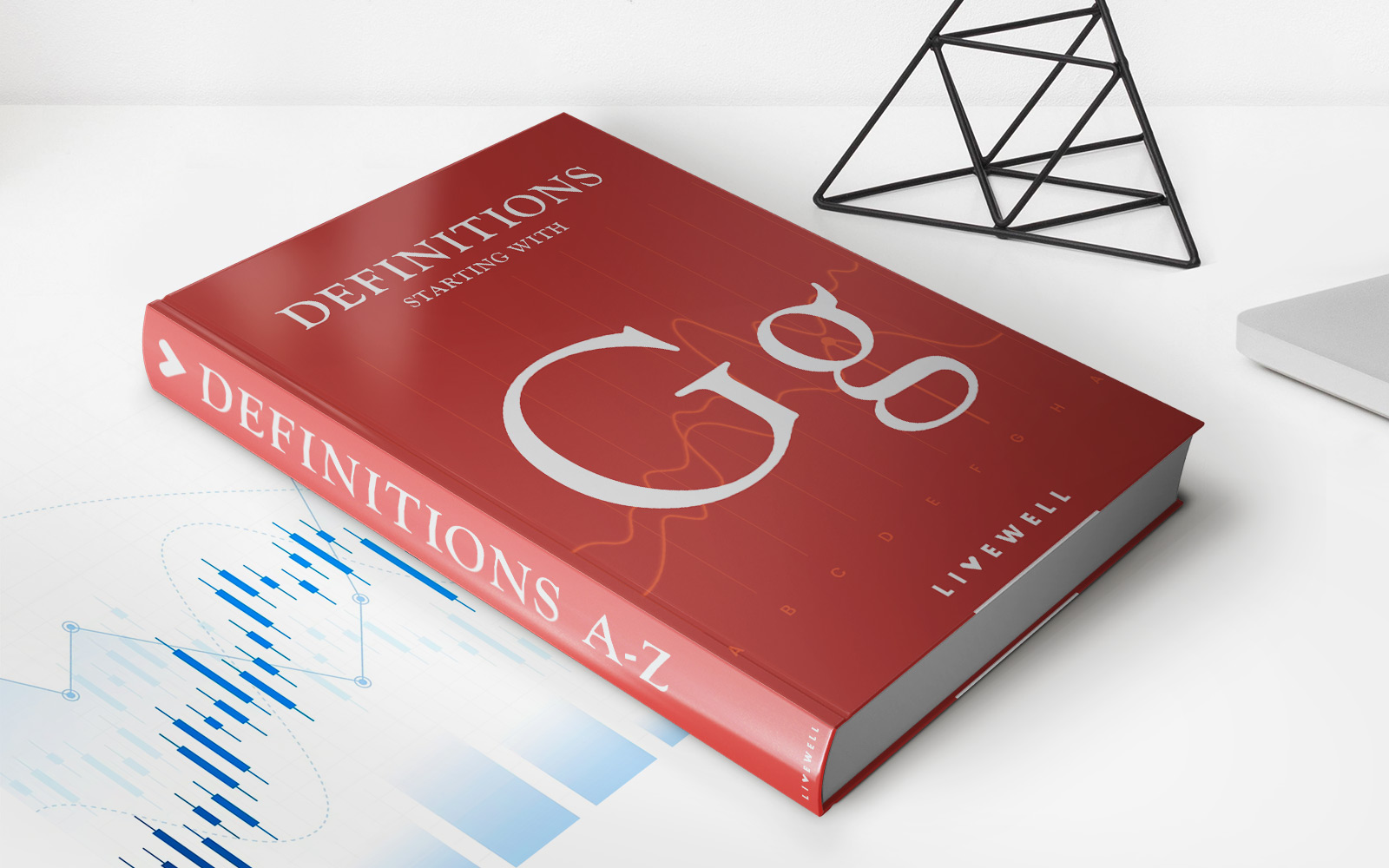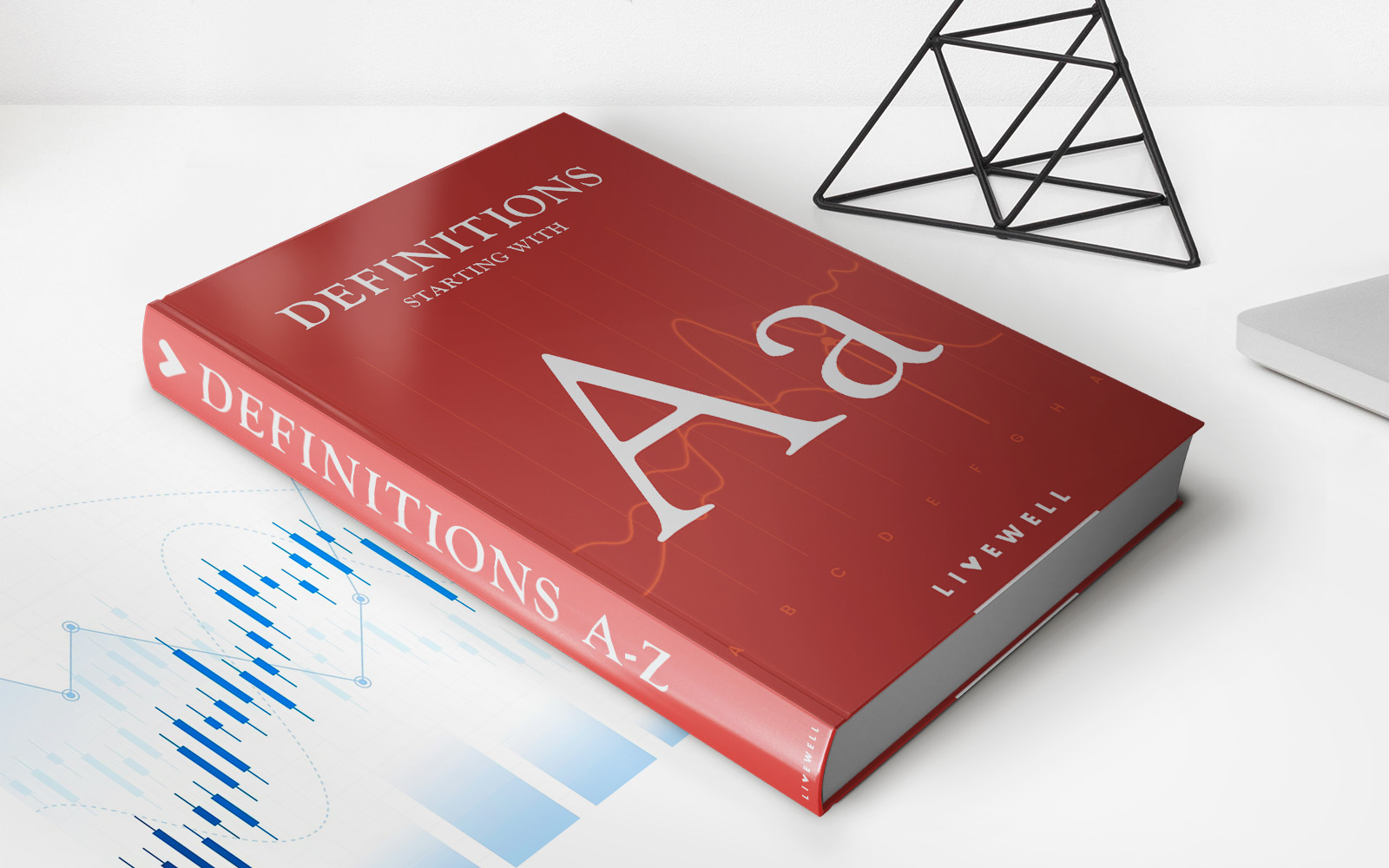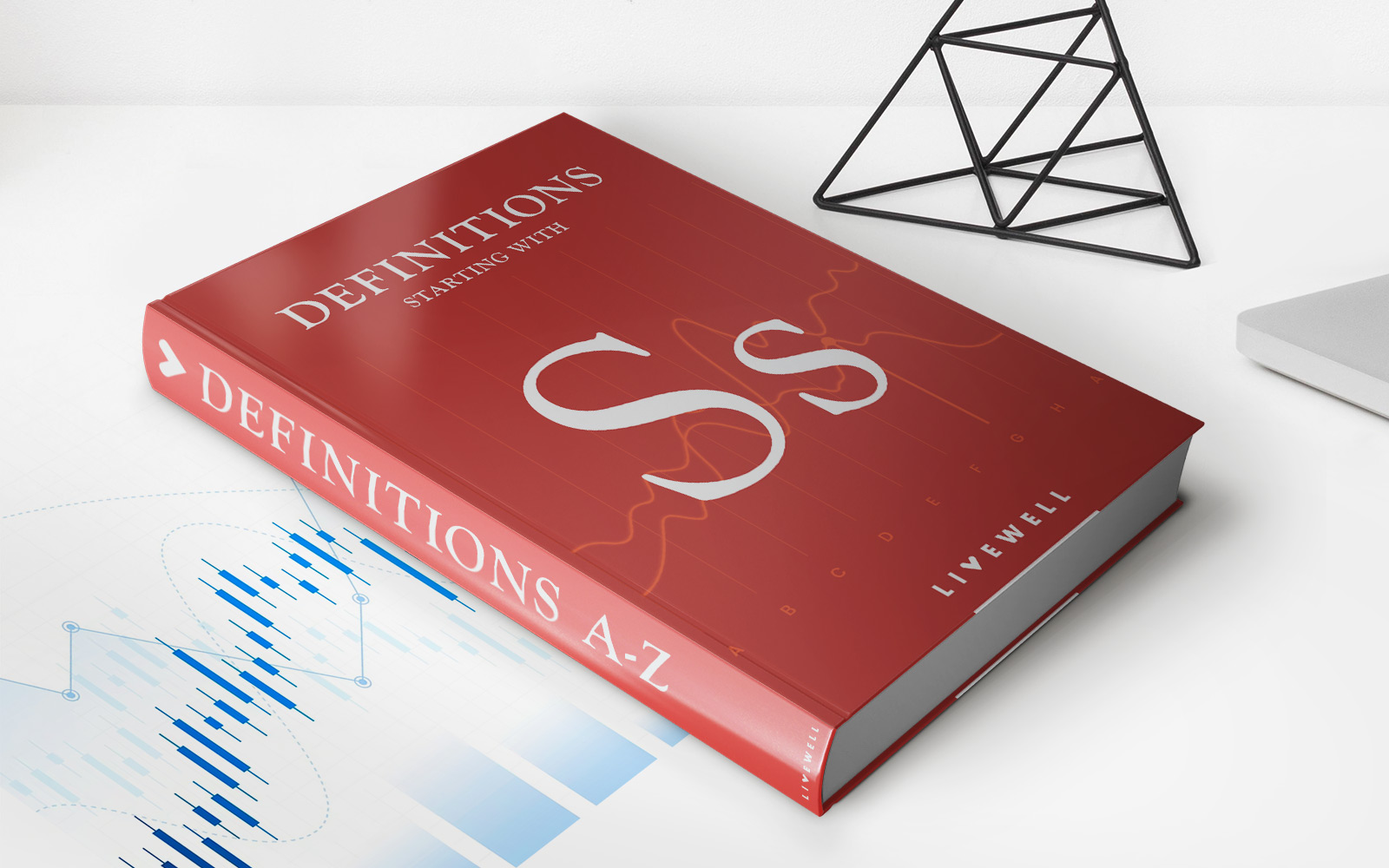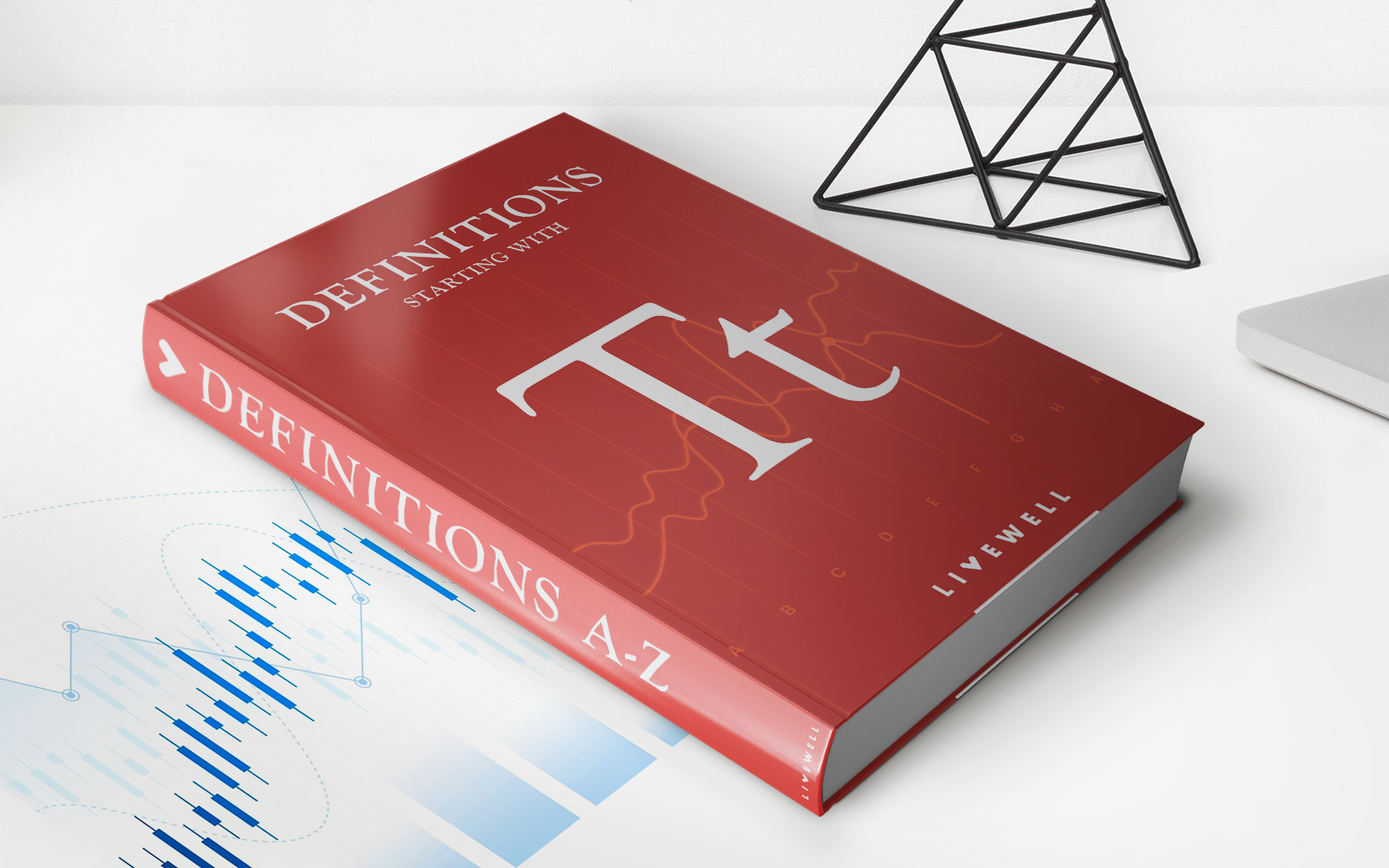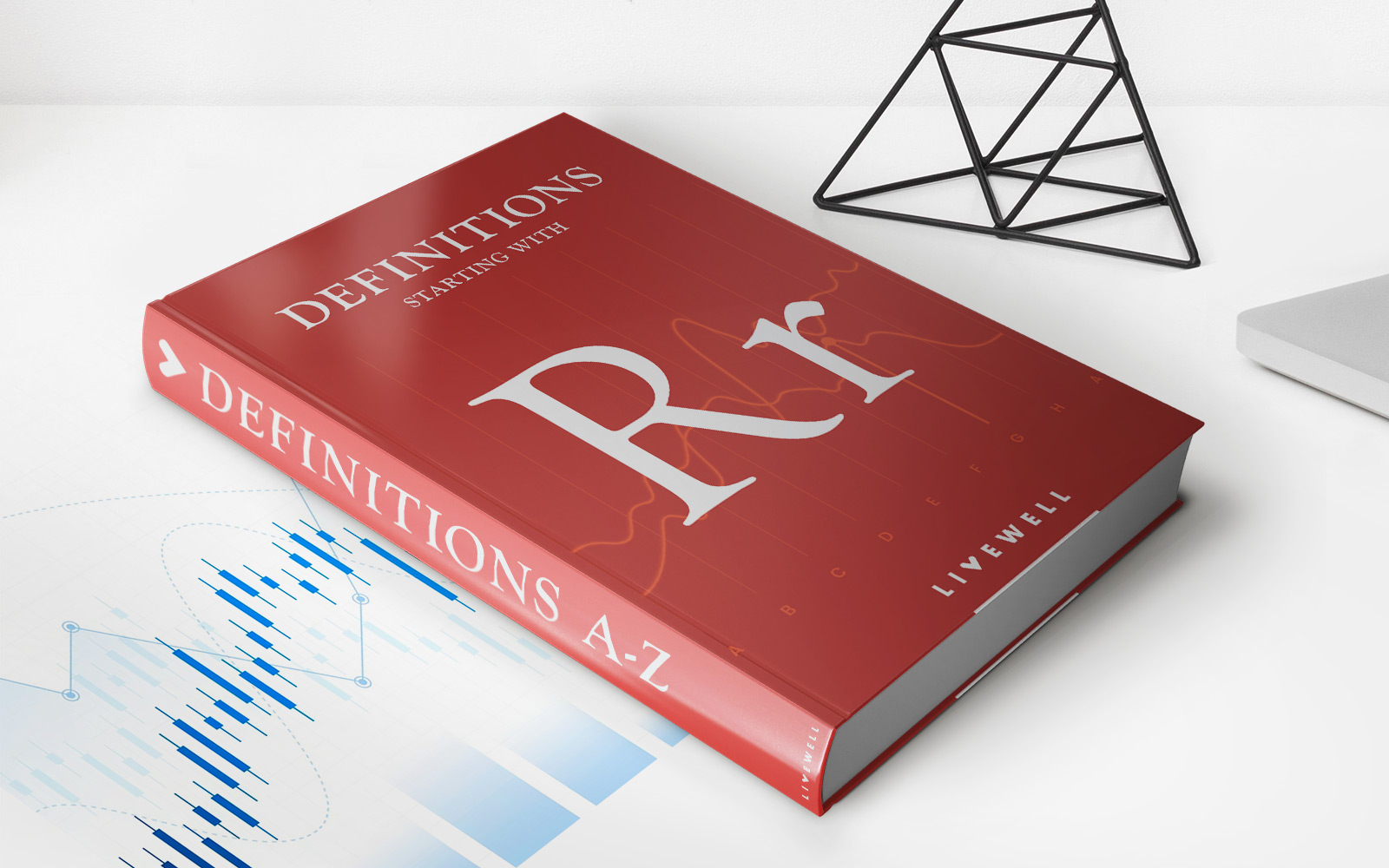

Finance
Accrual Swap Definition
Published: September 28, 2023
Learn the definition of accrual swap in finance and how it affects investment portfolios. Understand the benefits and risks of this financial instrument.
(Many of the links in this article redirect to a specific reviewed product. Your purchase of these products through affiliate links helps to generate commission for LiveWell, at no extra cost. Learn more)
The Accrual Swap Definition: A Comprehensive Guide
As part of our ongoing commitment to delivering valuable financial information, we are proud to introduce a new category on our page called “FINANCE.” In this category, we will cover a wide range of financial topics to help empower individuals and businesses with knowledge and insights. Today, we dive into the world of accrual swaps, offering a comprehensive guide on what they are and how they work.
Key Takeaways:
- Accrual swaps are financial contracts designed to exchange fixed and floating interest rate payments based on agreed-upon terms.
- These swaps provide a way for market participants to manage interest rate risk and liquidity.
Now, let’s explore the intricacies of an accrual swap definition to gain a deeper understanding of this important financial instrument.
What is an Accrual Swap?
An accrual swap, also known as a fixed-for-floating swap, is a financial derivative that allows two parties to exchange interest rate payments. The payments are typically based on LIBOR (London Interbank Offered Rate) or other benchmark interest rates. In an accrual swap, one party pays a fixed rate of interest, while the other pays a floating rate tied to a reference rate plus a spread.
Accrual swaps are commonly used by market participants, such as financial institutions and corporations, to manage their exposure to interest rate fluctuations. They provide an efficient mechanism to transfer interest rate risk and optimize cash flows. Additionally, accrual swaps can be utilized to transform fixed-rate liabilities into floating-rate liabilities or vice versa.
Let’s break down the components of an accrual swap:
- Notional Amount: The principal amount on which the interest rate payments are calculated.
- Fixed Rate: The predetermined fixed rate of interest that one party pays throughout the swap’s tenure.
- Floating Rate: The interest rate that one party pays, typically linked to a reference rate such as LIBOR.
- Payment Frequency: The intervals at which interest payments are made, often semi-annually or annually.
- Swap Term: The length of time the accrual swap contract remains in effect.
Why do market participants choose to engage in accrual swaps? The primary reasons include:
- Hedging: Accrual swaps allow market participants to manage interest rate risk by effectively hedging their exposure.
- Liquidity Management: Swaps provide flexibility in managing cash flows by converting fixed-rate liabilities into floating-rate or vice versa.
- Arbitrage Opportunities: Market participants can exploit pricing differentials between fixed and floating interest rates.
- Speculation: Traders and investors can take positions on interest rate movements to profit from anticipated changes.
Accrual swaps are typically traded over-the-counter (OTC) and are customizable to meet specific needs. They are subject to credit risk, as the performance of each party depends on the counterparty’s ability to fulfill their obligations. Participants may use collateral or credit derivatives to mitigate this risk.
Conclusion
Understanding the accrual swap definition is essential for investors, financial professionals, and individuals looking to gain insights into the world of finance. Accrual swaps provide a mechanism for mitigating interest rate risk, managing liquidity, and pursuing arbitrage opportunities. By comprehending how these financial instruments work, market participants can make informed decisions to optimize their financial positions.
We hope this comprehensive guide has shed light on what an accrual swap is all about. Stay tuned for more informative articles in our “FINANCE” category, where we explore various topics and provide valuable insights for your financial journey.
